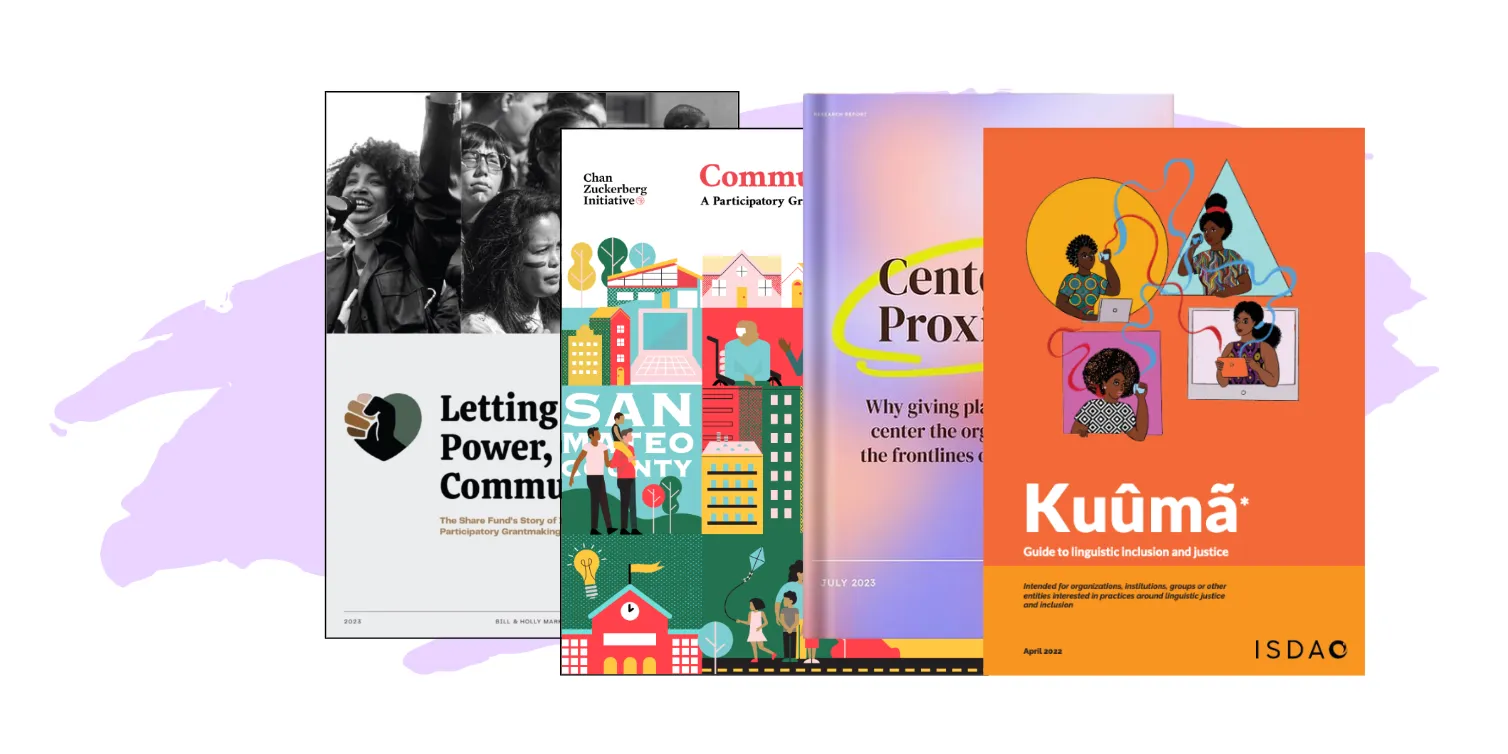Would you have guessed there are already over 175 resources about participatory grantmaking available?
As part of our ongoing effort to support the transition of decision making power in philanthropy, the Participatory Grantmaking Community has been building a PGM Resource Database collecting articles, reports, webinars, and more about shifting power in philanthropy.
All in all, we counted 70 case studies, 27 reports, 23 webinars, 15 toolkits, 15 interviews and 6 videos, created by funders and grantees, practitioners and researchers, from all around the world.
Looking through all these resources, it was fascinating to see the same messages surfacing again and again. Despite the wide variety in issue areas, geographies, and types of funders, these resources make very similar points about benefits, challenges, and even best practices such as the importance of compensating people for their time, ensuring that participants have actual decision making power versus just providing input, and the need to carve out enough time for the relationship based nature of participatory processes.
It all makes me wonder if the oft-cited “information gap” about participatory grantmaking is more of an excuse – a cover for deeper resistance to embracing change, and engaging with a process that is likely to be complicated or uncomfortable.
The importance of inner work.
The topics of power and money aren’t ones that most people have grappled with personally, let alone within a grantmaking process together with key stakeholders. As a practitioner I’ve learned to expect the unexpected: discomfort can and will arise for people involved in participatory processes, and it doesn’t show up in a linear way. Different aspects of the work will surface different discomforts for us based on our own personal biography.
On the participatory grantmaking journey, at least half of the work is the inner work of showing up to interrogate our own relationship to power and privilege. Inner work is personal, complicated, and messy. It is very hard to map against a timeline or expected deliverables. It will show up even when you’ve designed a thoughtful process because it is an important part of the process.
Luckily, within this wealth of resources there are also many tools available to help guide funders and practitioners through the inner work of giving up power.
Self-assessment tools as a starting place.
There are several self-assessment tools available to lead funding organizations through a reflection process in preparation for beginning on a participatory journey. Each one offers a different spin on the process.
The Trust Based Philanthropy Project offers a reflection tool building off their framework of exploring power consciousness and systemic equity across culture, structures, leadership and practices. Meanwhile, Justice Funders also has a reflection tool for grantmaking practices building off their Resonance framework for a Just Transition in philanthropy. This pre-participation reflection work can help identify sticky spots within an organization that need to be held more deeply.
For organizations already committed to transitioning power, the Advancing Participation in Philanthropy Tool is a comprehensive self-reflection tool to assess the current level of participation across different functional areas of an organization. Additionally, the section on Operations & Staffing provides helpful resources for working to transform culture within organizations.
Resources exist for all types of donors.
As more and more people begin to practice participatory grantmaking, we’ve seen a wider variety of material appear that share information about working with specific types of funders.
A new resource for those looking to shift power within private family foundations can be found in the Share Fund Report titled, “Letting Go of Power” about the experience of one family foundation that shifted power to a BIPOC funding committee. The report highlights common points of resistance found when working in family philanthropy, fears stemming from changing the legacy and long held processes, and offers tips for how to address those fears by grounding in values alignment.
A beautiful story of direct relationship building between funders and communities is shared in the recent Reciprocity Report from the Right Relations Collaborative which speaks to their process of inviting funders to “apply” to join the Collaborative by reflecting on a set of questions curated by the Council of Aunties. Another story shared by Michelle Mascarenhas in the recent article, “How Movements Organized Funders” outlines the lessons learned from the Climate Justice Alliance’s deep partnership with the Chorus Foundation’s trustees and staff, and what it means to invite funders into movement work.
The Participatory Grantmaking Community of practice was created as a space to walk this journey together, as practitioners, participants, and anyone working to transform power dynamics in philanthropy. In the coming months we will be sharing more about what we’ve learned from building this resource database, as well as opportunities to learn both the practical aspects of participatory grantmaking, as well as support to do the inner work needed to transform power in philanthropy.
Kelley Buhles is a consultant with 10+ years of expertise working with participatory grantmaking, philanthropy, integrated capital, and community-led decision making. She is a Just Economy Institute fellow and a founding member of the Participatory Grantmaking Community. Previously, she was senior director of philanthropic services and organizational culture at RSF Social Finance.





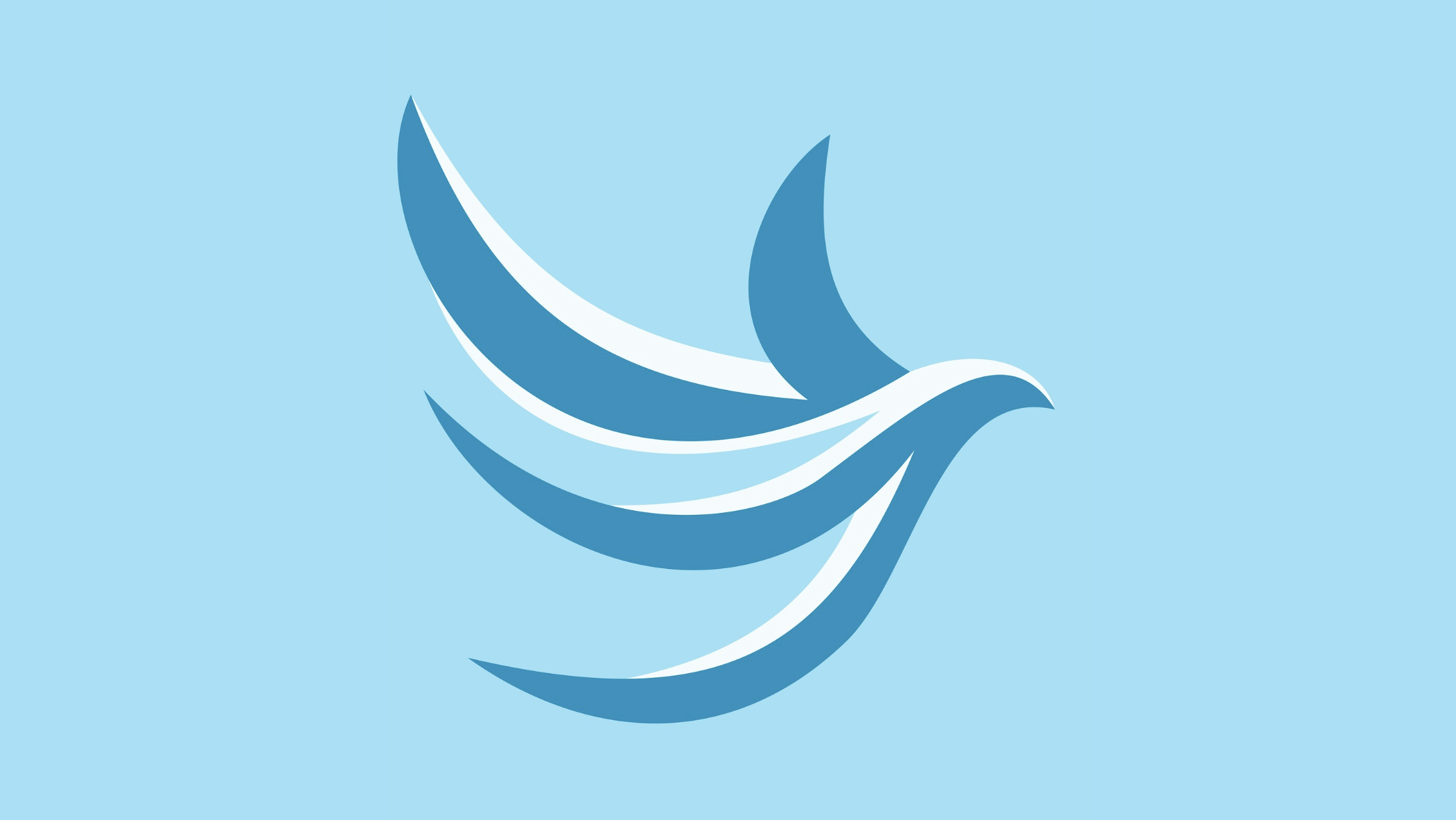

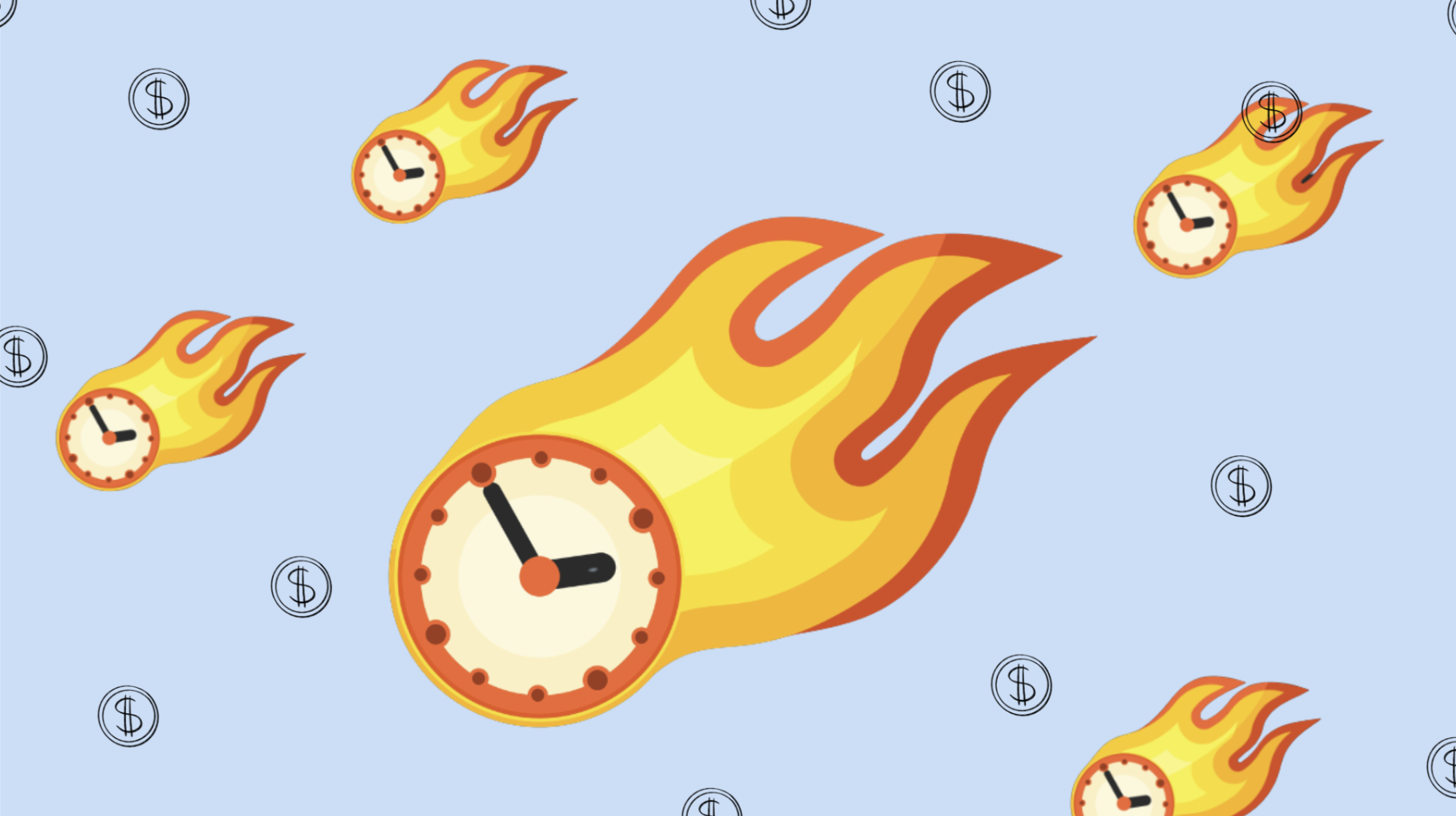
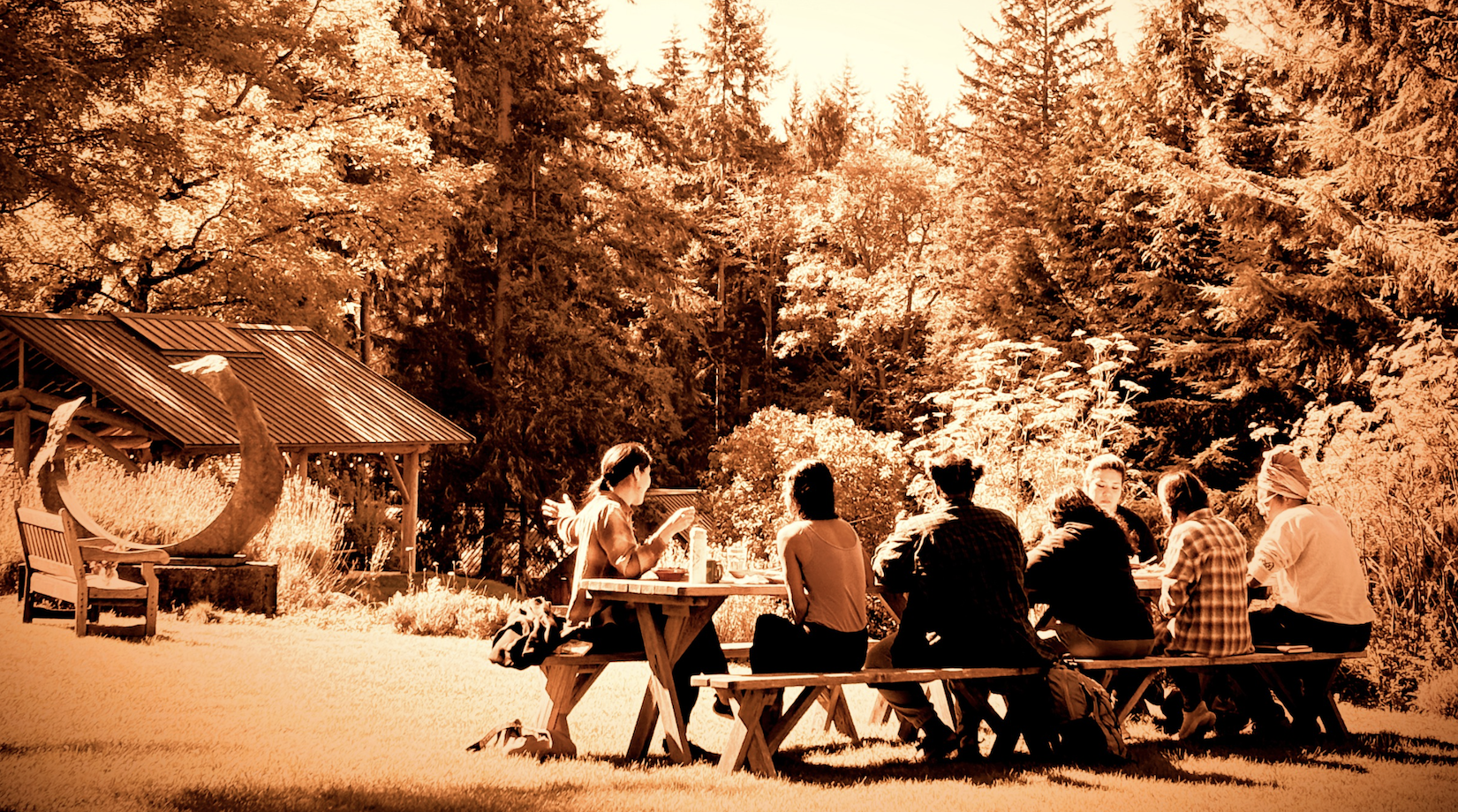

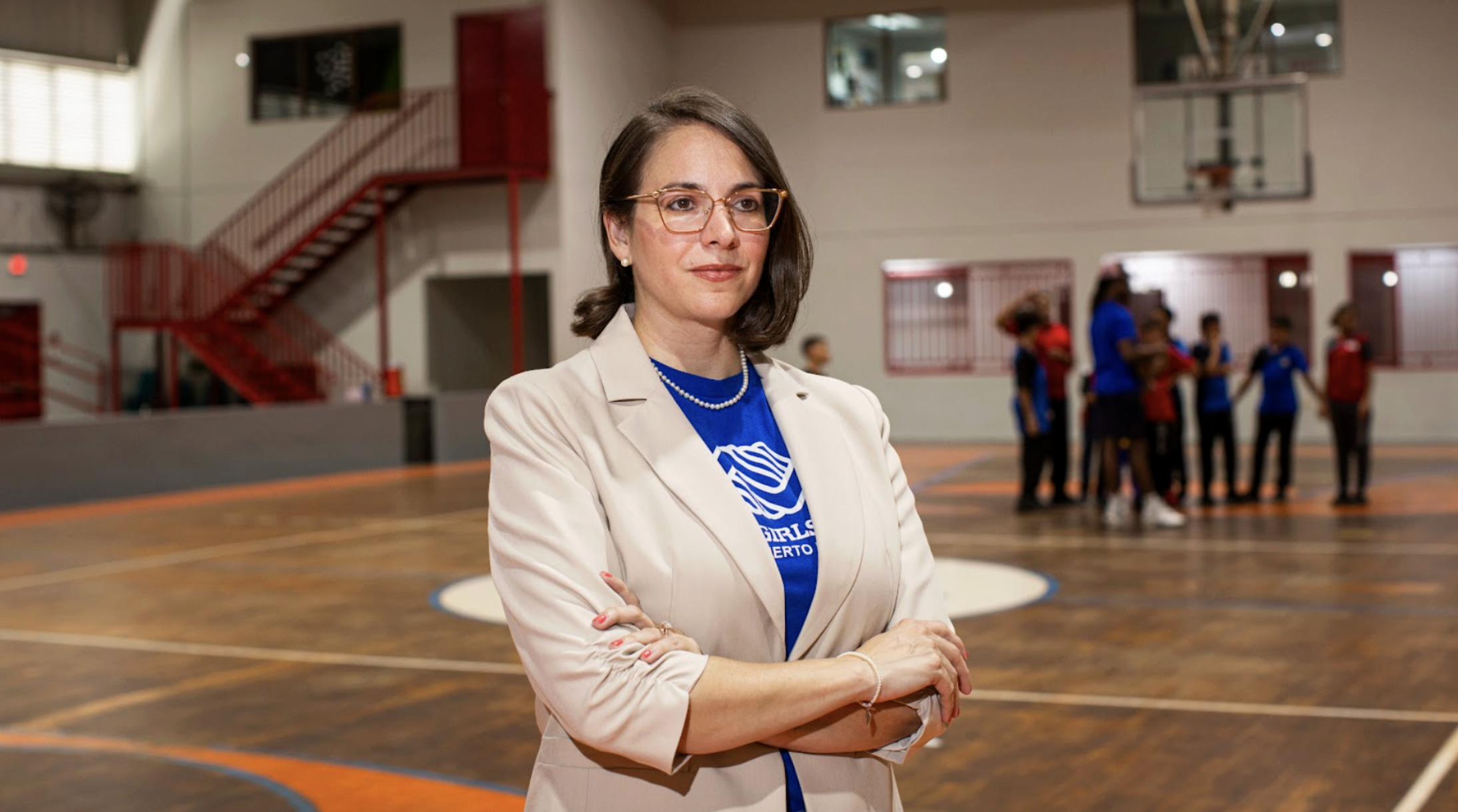
.webp)

.webp)
%20(1280%20x%20720%20px)%20(41)%202.webp)
%20(1280%20x%20720%20px)%20(38).webp)
%20(1280%20x%20720%20px)%20(31).png)


%20(1280%20x%20720%20px).webp)










.webp)






.webp)
.gif)

.webp)


.gif)






